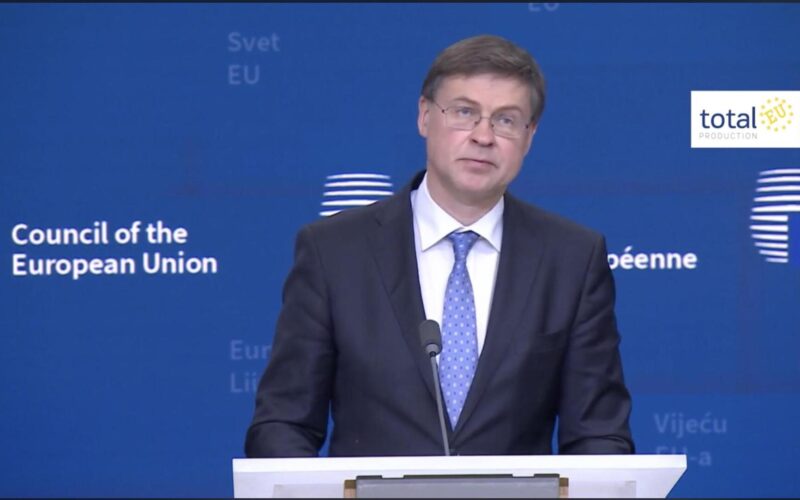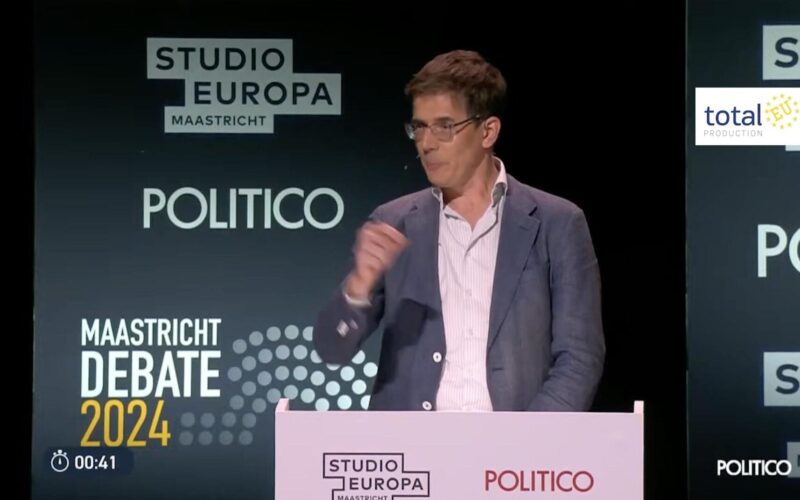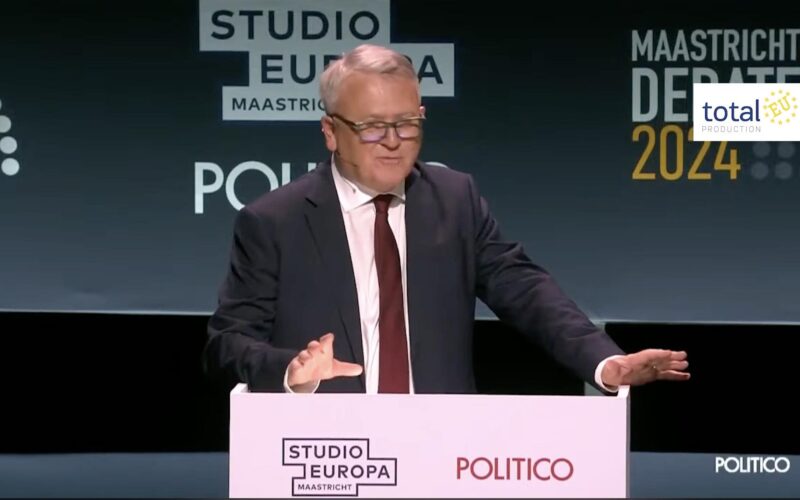Politics & Economics
The EU post-pandemic recovery plan “is delivering tangible results”
By Editorial Staff
The Recovery and resilience facility (RRF) has delivered tangible results in many aspects of EU citizens’ life. The assessment was given by commissioner for Economy Paolo Gentiloni during a regular dialogue with members of Committees on Economic Affairs and Budgets in the European Parliament. The implementation of facility just entered the second half of its life cycle.
The RRF has delivered “over 44 million megawatt hours in annual primary energy consumption savings, a 57% increase on the last reporting round”, stressed Gentiloni. The EU population has been benefitting from larger protection measures against floods, wildfires. The budget allocated for climate related to natural disasters exceeded 9 billion euro, an increase of 9% on June 2023. The Rrf resulted also in an increased capacity of new or modernized healthcare facilities by an additional 47 million patients per year, an 3% increase on June 2023.
While many Member States are concerned on the respect of the deadline of June 2026 to receive all the resources made available by the Facility, Gentiloni urge the need to improve the effectiveness of spending, both administratively and in meeting deadlines. The European Commission is committed to explore further way to increase simplification in red tape and audits, but this, as Gentiloni said “should not result in a loss of control, but rather in an optimization of procedures”. The elephant in the room is a fraud 600 million euro worth recently tracked down by the European Public Prosecutor Office in Venice. The criminal association is suspected of orchestrating, between 2021 and 2023, a fraud scheme to obtain funds from the Italian National Recovery and Resilience Plan, part of the RRF, the main pillar of the NextGenerationEU recovery plan.
In his address to the European Parliament Committees Gentiloni highlighted that the suspected cases of fraud involved just the 0.8% of the 232 billion euro so far disbursed under the RRF. While Member States bear primary responsibility for fraud prevention, the Commission retains authority to recover misappropriated funds and request early loan repayments from implicated Member States.
Gentiloni reiterated the commitment of the European Commission to ensure high-level control over RRF resources in the long term. The EU executive plans to conclude 46 audit procedures through the rest of 2024. The commissioner qualified out of question the success of RRF, as much as the possibility to make the facility a permanent instrument. It is characterized by principles of solidarity and the prevention of fragmentation, which inherently disqualify it from being considered permanent, he said. “Pacta sunt servanda” (i.e. agreements must be honored), he warned.
The RRF has in its legacy the growing consensus on the need to increase public investments to facilitate the transition to a greener and more sustainable economy. The notion of establishing a European sovereignty fund has been raised by the President of the Commission in spring 2023. Building on its success as a common financing mechanism, the Next Generation EU has showed that alternative instruments for future needs should be explored. Common Defence is on top of them.





